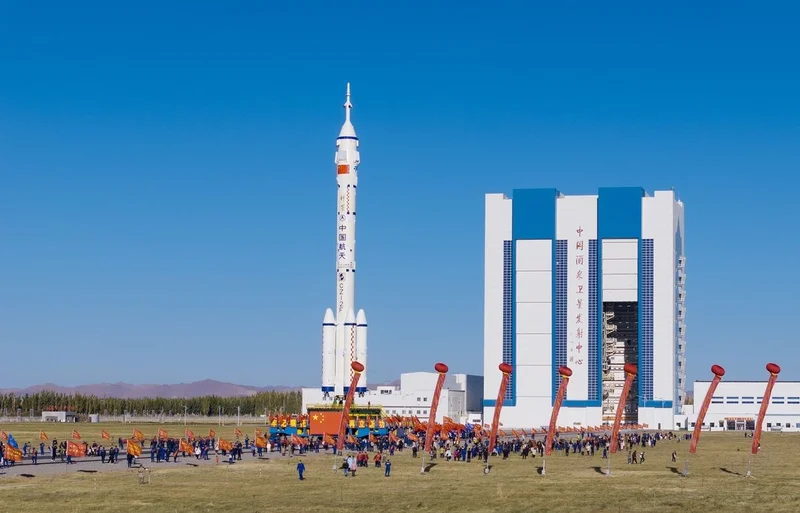Alright, let's get this straight. SpaceX just blasted off two Falcon 9 rockets in two days. Two. From the Space Coast. Starlink missions, naturally – because what else would they be doing? Filling the sky with more internet satellites that nobody asked for.
Col. Brian Chatman from Space Launch Delta 45 is all smiles, talking about "dedication, expertise, and resilience." SpaceX VP Kiko Dontchev is tweeting about how it's like Hartsfield-Jackson Atlanta International Airport, but for rockets. Give me a break.
The Normalization of the Absurd
Here’s what’s actually happening: We’re normalizing the absurd. We're just shrugging our shoulders as Elon Musk turns the night sky into a billboard. Twenty-nine Starlink satellites on one launch, another twenty-nine on the next. It's like he's playing some cosmic game of Tetris, and we're all just supposed to watch politely.
And the boosters? Landing on drone ships with names like A Shortfall of Gravitas and Just Read the Instructions. Seriously? It's all so…performative. Like a magic trick where they keep showing you how it's done, but you're still supposed to be impressed.
This one booster, the one that landed on Just Read the Instructions, just completed its 24th mission. Twenty-freaking-four! It previously launched Crew-6, SES O3b mPOWER-B, USSF-124, BlueBird 1-5, Nusantara Lima (PSN N5), and 18 Starlink missions. I mean, that's impressive and all, but at what point does it just become…routine? At what point do we stop questioning the long-term effects of launching so much hardware into space?
I'll tell you when: When it's just another day at the office. When the Space Force starts patting itself on the back for enabling this relentless pace. When Stoke Space's CEO is impressed about the reusability of Falcon 9 first-stage boosters, noting the shift in perception from controversial to essential... I mean, ofcourse, they would say that. It benefits them!

The Unspoken Question
But here’s the unspoken question nobody seems to be asking: What's the endgame here? Is it really just about providing broadband internet to every corner of the planet? Or is there something else going on? Something…more ambitious?
And what about the cost? Not just the financial cost (which, let's be real, is probably insane), but the environmental cost? The light pollution? The potential for collisions in orbit? Are we really thinking about these things, or are we just too busy being wowed by the shiny rockets and the reusable boosters?
It's easy to get caught up in the spectacle. The launches are undeniably impressive. The technology is mind-boggling. But at some point, we have to step back and ask ourselves: Are we building a better future, or are we just creating a bigger mess?
Then again, maybe I'm the crazy one here. Maybe I'm just a grumpy old cynic who's afraid of progress. Maybe Elon Musk is actually a benevolent genius who's single-handedly saving the world. Maybe.
The Insanity of "Normal"
They're already planning the next launch for Tuesday. Another 29 Starlink satellites. The 99th launch of the year from Florida's Space Coast. Ninety-nine! It's like a damn factory churning out satellites, and we're all just supposed to accept it as the new normal. According to SpaceX recap: Launch doubleheader powers back-to-back Starlink missions from Cape Canaveral - Florida Today, these launches are part of a larger effort to expand Starlink's coverage.
But what if "normal" is actually insane? What if we're so busy celebrating the technological achievements that we're missing the bigger picture? What if we're sacrificing something important – something irreplaceable – in the name of progress?
